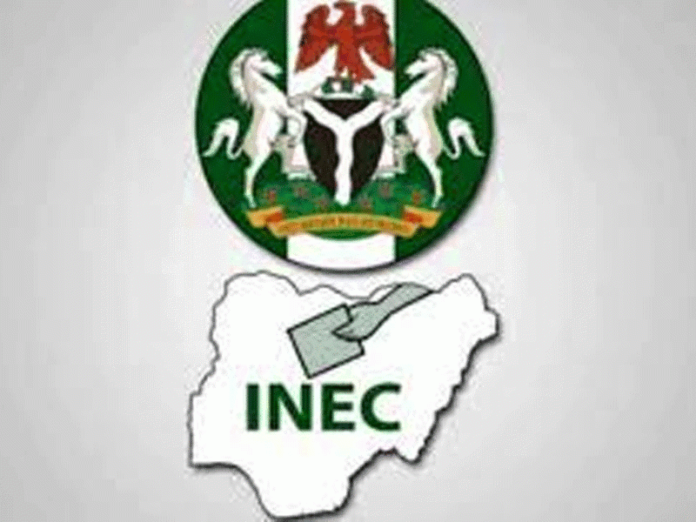Diaspora voting: INEC pushes for constitutional reforms to accommodate Nigerians abroad
CHIGOZIE AMADI
There are strong indications that the dream of millions of Nigerians living abroad to actively participate in their country’s elections may soon become a reality, following the Independent National Electoral Commission’s (INEC) concerted efforts for constitutional reforms to allow Nigerians in diaspora and out-of-country voting.
In its recent submission on electoral reforms, INEC advocated for the amendment of Sections 77(2), 117(1), 132(5), and 178(5) of the 1999 Constitution to provide legal backing for diaspora, inmates, and early voting for essential service workers.
According to INEC, Nigerians working overseas, election personnel on duty during polls, and citizens incarcerated but not convicted of crimes should not be disenfranchised.
Allowing them to vote, the Commission argued, would strengthen Nigeria’s democracy and broaden civic participation.
Interestingly, democracies increasingly recognize the voting rights of citizens living abroad, stressing that Nigeria must not be left behind.
The call is part of broader efforts to reform the electoral framework following lessons from the 2023 general election. “The right to vote is fundamental,” the Commission said, urging lawmakers to expedite the necessary constitutional amendments to make out-of-country voting a reality by future election cycles.
There have been a growing movement for the inclusion of Nigeria’s diaspora community in the country’s electoral process, with advocates arguing that millions of citizens abroad deserve the right to vote.
Despite contributing significantly to the economy through remittances—over $20 billion annually—Nigerians living outside the country remain disenfranchised. Proponents, including civil society groups and opposition lawmakers, insist that diaspora voting is essential for inclusive democracy, citing examples from other African nations like Ghana and South Africa that allow citizens
The debate has intensified ahead of the 2027 general elections, with the Nigerian Diaspora Voting Council (NDVC) leading advocacy efforts and calling for amendments to the Electoral Act.
While the Nigerian government has shown tentative support, critics, including some ruling party members, argue that diaspora voting could complicate an already fragile electoral system.
Meanwhile, the opposition Labour Party (LP) and Peoples Democratic Party (PDP) have backed the campaign, hoping to tap into the diaspora’s influence.
If implemented, diaspora voting could see millions of Nigerians in countries like the United States, the United Kingdom, Canada, and South Africa finally cast their ballots in general elections — a move expected to deepen democratic participation and foster stronger ties between Nigeria and its global citizens.

























